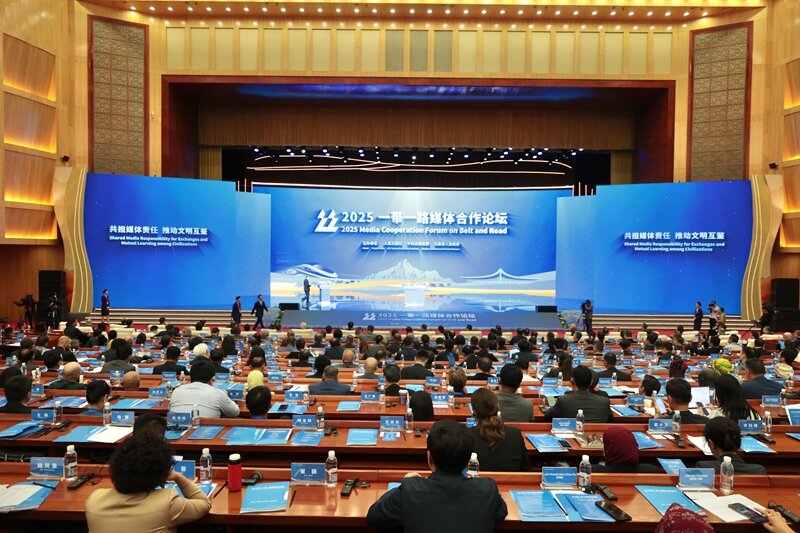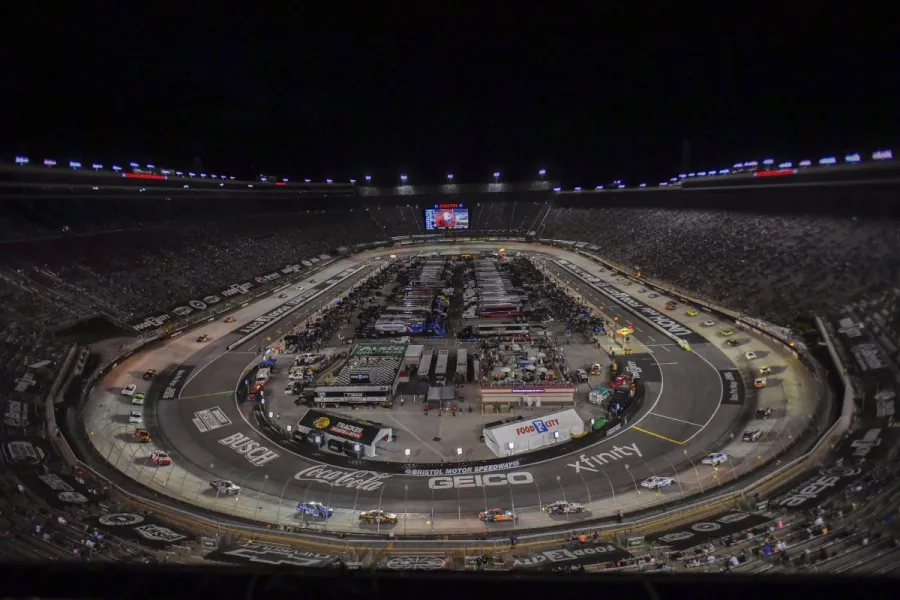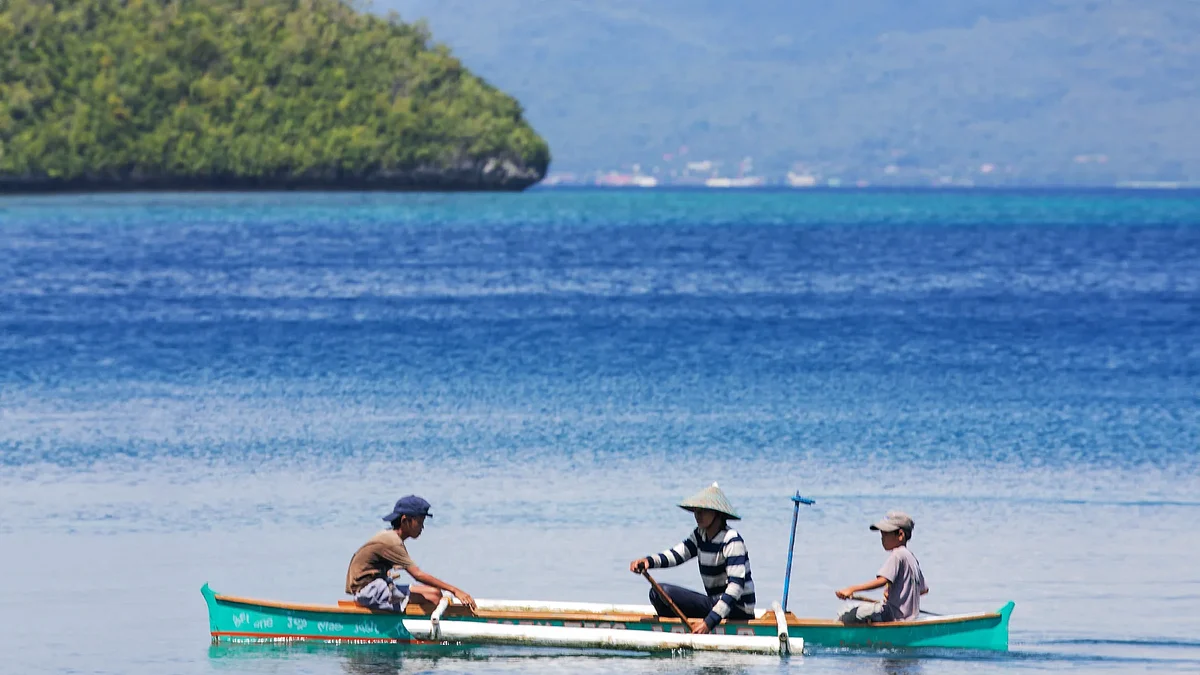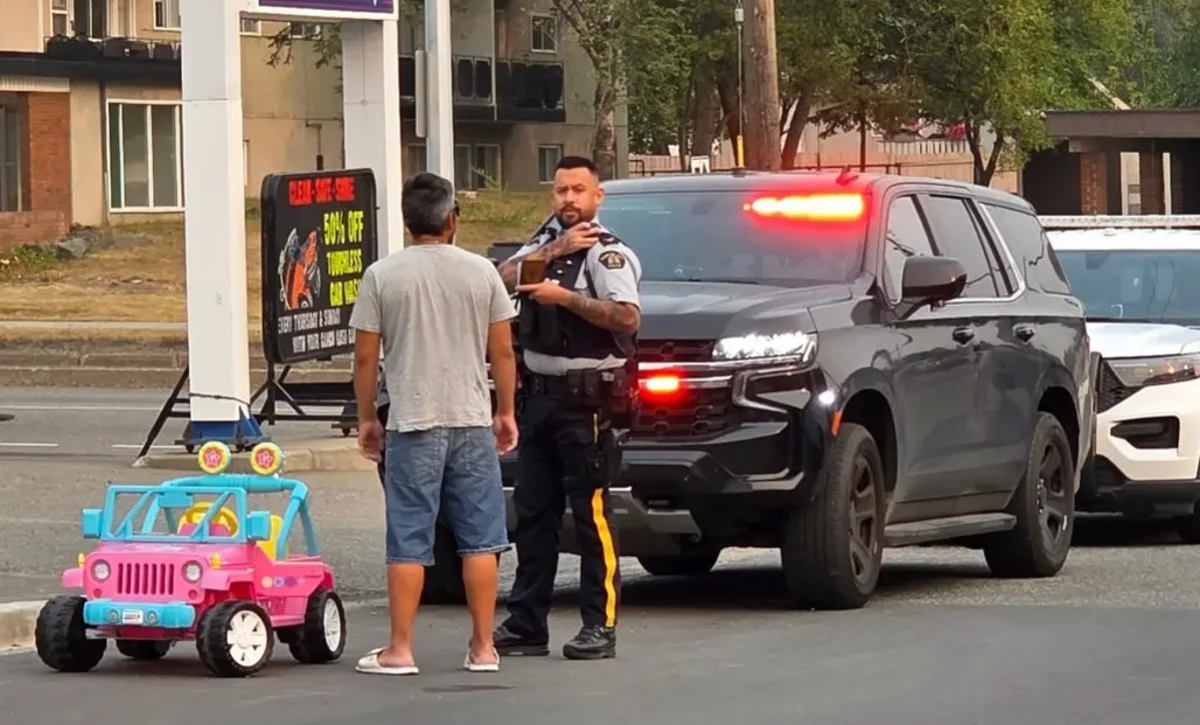By Leopold Chen,William Yiu
Copyright scmp
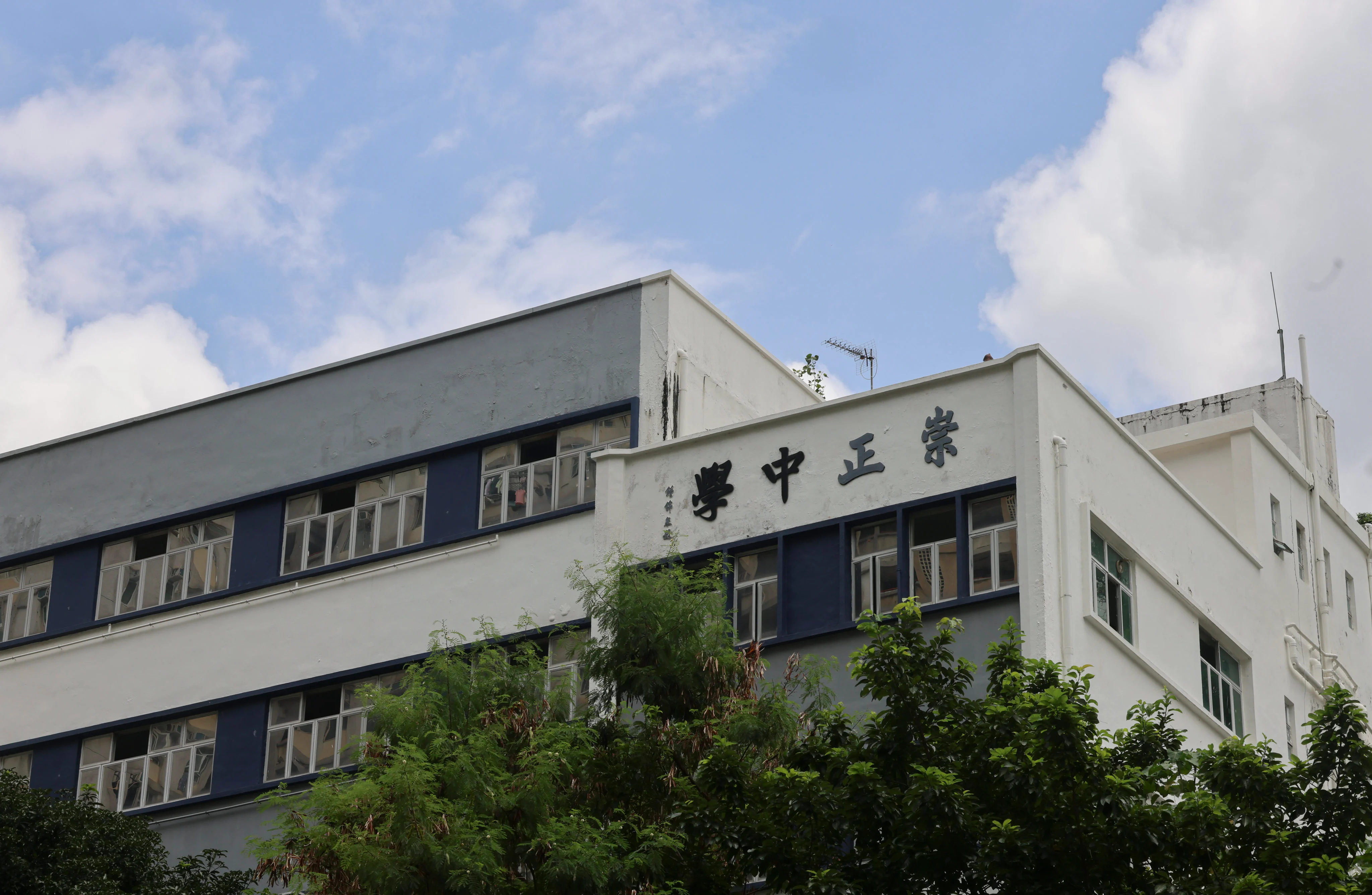
Hong Kong's leader has rolled out plans in his annual policy speech to step up governance of private schools by establishing a code of conduct and compiling a list of institutions, after some were alleged to have run unauthorised courses.
Chief Executive John Lee Ka-chiu also vowed on Wednesday to crack down on the unauthorised provision of courses for the Diploma for Secondary Education (DSE), the city’s university entrance exams, with authorities setting up a reporting mechanism, conducting unannounced school inspections and clarifying the registration arrangements for private candidates seeking to sign up for the test.
“We will formulate the Code of Practice for Private Schools and publish the Private School List within this year, with a view to improving the standards of school operations,” he said.
A government source confirmed that the strengthened regulations were announced after some private schools were found to have operated inappropriately recently.
The Education Bureau revoked the licence of the privately run Tsung Tsin Middle School this month for poor management. The school had also been accused of collaborating with a mainland Chinese tutorial centre to provide unauthorised DSE courses.
Authorities also suspended another private institution, Inno Secondary School, for poor management after it allegedly collaborated with a third party to enable students outside Hong Kong to qualify for subsidised university programmes.
At least four other schools, including subsidised ones, were also alleged to have engaged in such activities, prompting the government to form a task force and conduct raids on institutions from the beginning of the current academic year this month.
Around 20 schools had been checked as of last week, the insider said, without revealing whether any irregularities had been found.
Secretary for Education Christine Choi Yuk-lin said last month that the authorities would make public a list of private schools that had promised to operate legally.
The proposed code of practice for private schools would cover various areas including the levels of their operational management, fees, debentures and promotional practice.
But the source said failure of schools to comply with the codes did not necessarily mean they were operating illegally, as it could imply that they did not follow best practice.
The codes were expected to be released by the end of this year, while the private school list would also be available within the current academic year after the authorities conducted the compliance checks, the insider added.
Hong Kong has 154 privately operated institutions, including 53 international schools.
Lawmaker Tang Fei, a former secondary school head, said the measures could address some of society’s concerns about private operators, but he urged the government to make the code of practice more transparent and accessible to the public.
“It is not just that the Education Bureau can assess the governance of the school from a professional perspective, but also that the public should understand it easily too,” he said.
Unlike their public counterparts, private and international schools did not have a unified governance structure, which made it difficult for people to assess their performance and understand who should be ultimately liable for mishaps, Tang said.
He urged the government to not only include school names in the list but also clear governance structures.
Tang pointed to the case of the operator of Hong Kong International School (HKIS) and a co-founder, the Lutheran Church-Missouri Synod.
The US-based church group recently sued the operator, Hong Kong International School Association Limited, for allegedly breaching an operating agreement and flaws in governance. The operator rejected the allegations, saying the church group had no say in operations.
“We do not know what their relations are like and it is not the typical sponsor body-school board relation,” Tang said.
“When the Education Bureau issues a school licence, it should clearly be informed as to who is ultimately responsible and who has the final say in the school’s operations.”
